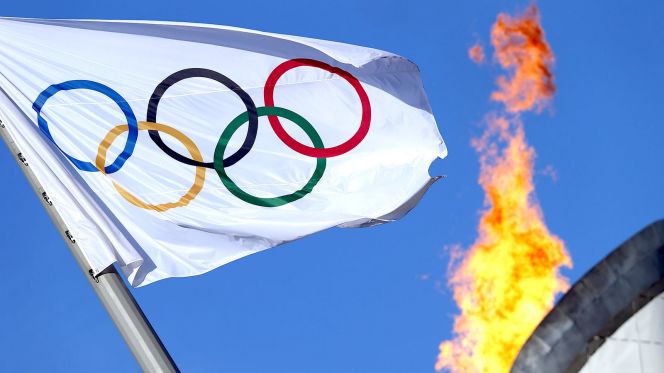UPF is part of the European consortium that is to teach an innovative master’s degree in sports ethics
UPF is part of the European consortium that is to teach an innovative master’s degree in sports ethics
UPF is part of the European consortium that is to teach an innovative master’s degree in sports ethics
The teaching of the Master of Arts in Sports Ethics and Integrity, for which registration is open until 9 March, will be given between the six participating universities. José Luis Pérez Triviño and Alberto Carrio, lecturers with the Department of Law at UPF, are among the teaching staff.

UPF, through the Department of Law, is one of the six universities that form the international consortium organizing the Master of Arts in Sports Ethics and Integrity (MAiSI), a two-year official interuniversity master’s degree that is to start next academic year, 2017-2018.
The aim of the MAiSI, for which online registrations can be made until 9 March 2017 (although it is recommended to do so before 1 March in order to avoid any setbacks) is to prepare students for a new profession in the field of sports administration and governance, in which the perspectives of ethics and integrity are the fundamental pillars.
It is a multidisciplinary and innovative programme, taught at the various institutions of the consortium, granted the Erasmus Mundus Joint Master Degree (EMJMD) quality seal by the European Union.
In addition to Pompeu Fabra University, the other members of the master’s degree consortium are Swansea University (Wales, UK), the coordinating centre, and Charles University in Prague (Czech Republic), Johannes Gutenberg University of Mainz (Germany), the Catholic University of Leuven (Belgium) and the Peloponnese (Greece).
Among the programme’s fifteen lecturers, all leading experts in the various disciplines studied, are two from the Department of Philosophy of Law at UPF: José Luis Pérez Triviño and Alberto Carrio Sampedro.
According to professor Carrio, “the value of MAiSI lies in the fact that it will train future leaders of the bodies that govern sport internationally from a perspective of ethics and integrity, so that today’s scandals in this area will decrease and transparency in the management and overall governance of sport will increase”.
Four semesters long, with teaching spread among the participating centres
The students will receive training structured into four semesters, which will allow them to identify the ethical issues, participate in ethical thought, and translate decisions into ethical actions, three basic skills needed to develop integrity in the field of sport.

Pompeu Fabra University will host students who have chosen the Governance and management branch of the master’s degree during the third semester. And it will do so in alternate editions, in conjunction with the Johannes Gutenberg University of Mainz. The students who have chosen other branches will travel to Swansea, Prague and Leuven.
The remaining semesters will be taught as follows: the first will take place at the University of Swansea; the second, at the Catholic University of Leuven and Charles University in Prague, and will be completed with a summer school at the International Olympic Academy in Olympia (Greece).
Finally, the fourth semester will focus on the master’s degree final project (students will be received by some of the universities of the consortium, according to their speciality), which they will have to defend at the Olympic Academy.
Contents and skills acquired
The skills that the students will acquire during the programme, which are essential to tackle the problems of ethics and integrity that face national and international sports federations and national Olympic and Paralympic committees, address the following topics: the fight against doping and education on drugs; issues of data protection and privacy; fair play, justice and human rights; the Youth Olympic Games, ethics and education.
Other issues that will be studied are the global governance of sport; illegal and irregular betting; bought matches and the manipulation of sport; legislation and codes of conduct; equality and non-discrimination; equity, diversity and inclusion; the protection of children and children’s rights, and Olympic and Paralympic movements, peace and the Olympic truce.
Having completed the master’s degree, its graduates will have the chance to do an internship in an extensive network of advisory bodies, national and international sports federations, non-governmental, political and commercial organizations, and enjoy opportunities for collaboration and training around the world.
Minimum requirements and financial aid available to students
To study the master’s degree, students who have studied in all areas of knowledge are eligible, given the multidisciplinary nature of the programme. Students must have a certain accredited level of English (various certificates and recognitions are accepted), and the selection process that will take place includes such aspects as a personal statement or an Skype interview.
Students can apply for several scholarships, such as an Erasmus Mundus Joint Master Degree (EMJMD) scholarship or a self-funded place, for which they will also have to meet certain requirements.
Video explaining de master's degree posted on Vimeo
